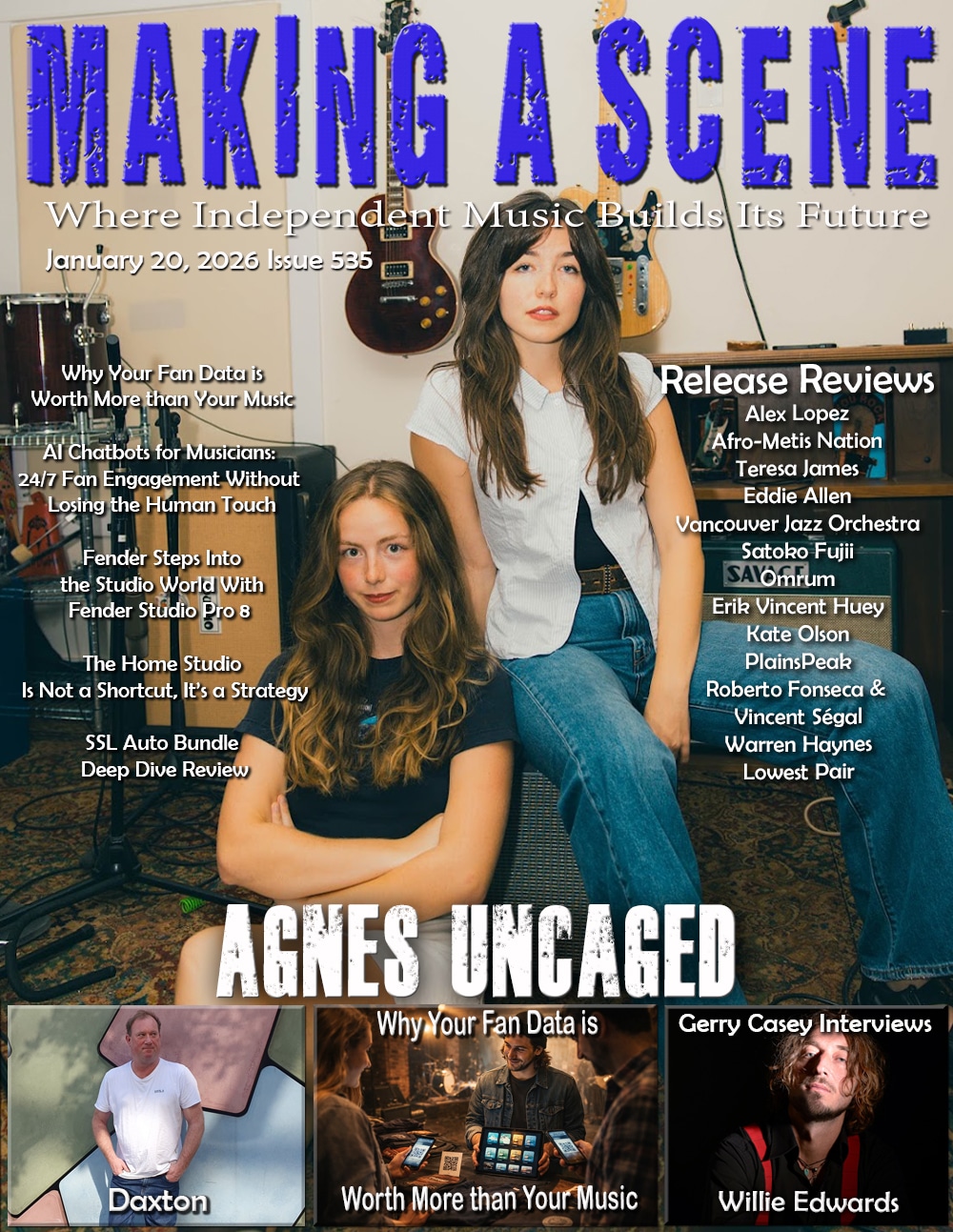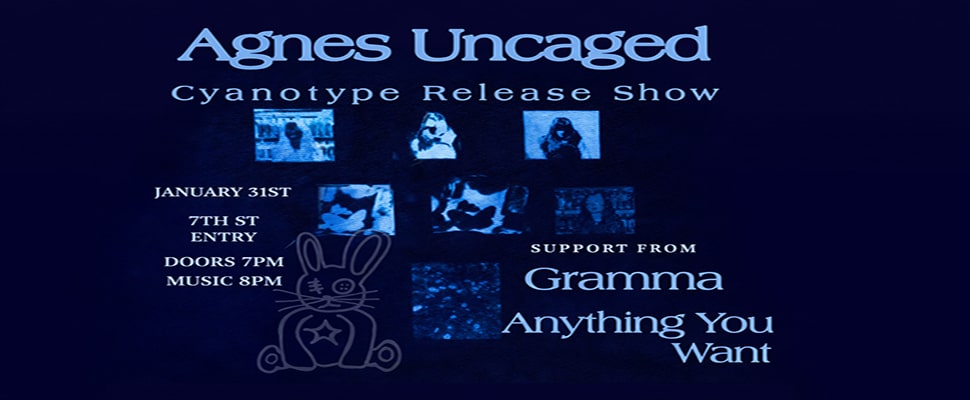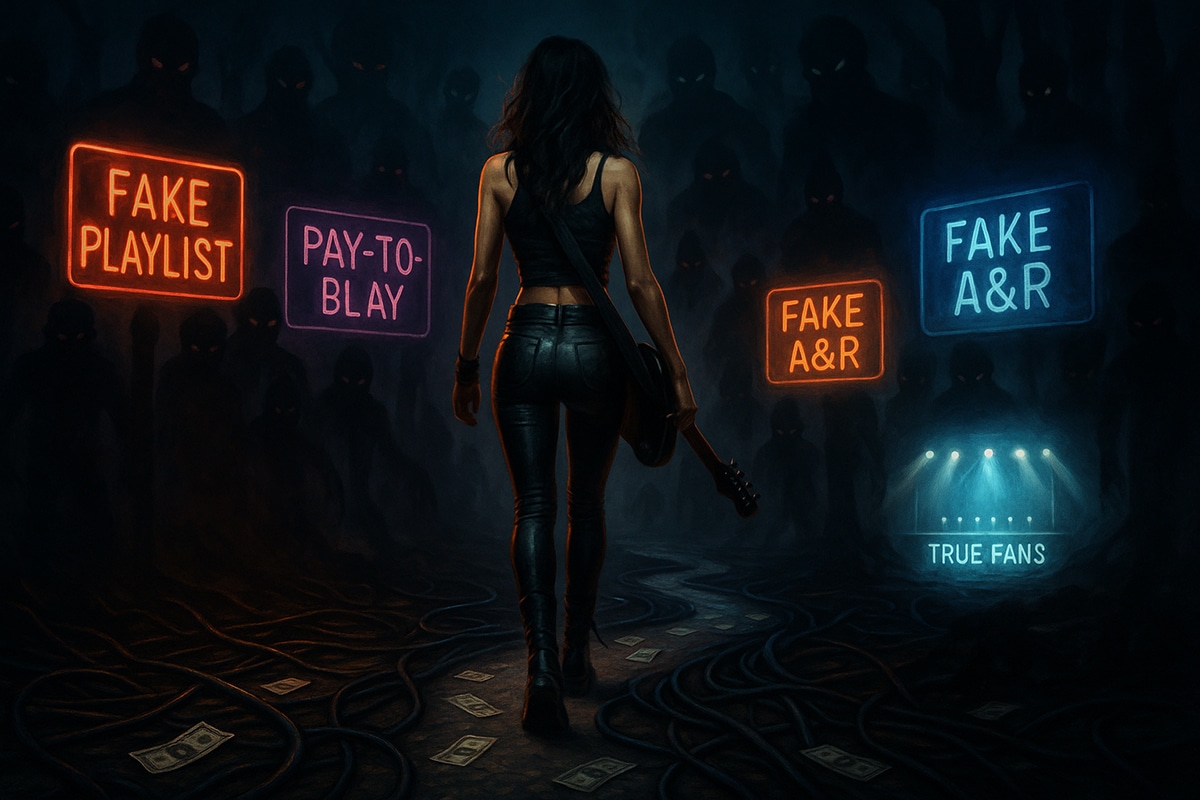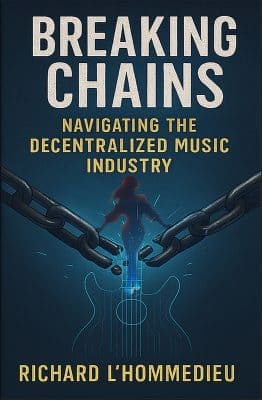Top 10 Scams Targeting Indie Musicians (and How to Avoid Them)
Making a Scene Presents Top 10 Scams Targeting Indie Musicians (and How to Avoid Them)
In today’s DIY music landscape, indie musicians are entrepreneurs, marketers, and creators all at once. But with that independence comes vulnerability—and a growing army of scammers looking to profit off your ambition. Whether you’re releasing a new single, booking your first tour, or promoting your latest album, it’s crucial to recognize the red flags that can derail your career.
Here are the top 10 scams targeting indie artists in 2025, along with expanded guidance on how to avoid them.
1. Pay-to-Play “Showcases” and Fake Festivals
The Scam:
You’re invited to perform at an exclusive “industry showcase” or festival. Promoters claim there will be record labels, talent scouts, or A&Rs in attendance—sometimes even fake headliners or celebrity endorsements. The catch? You have to pay to perform, buy tickets upfront, or sell a minimum number of tickets to keep your slot.
What Really Happens:
The event is poorly attended or completely fabricated. There’s no real industry presence, and you’re left out money and time.
How to Avoid It:
-
Research the promoter. Look for past events, artist testimonials, and online reviews.
-
Ask questions. Who’s on the lineup? Who has confirmed attendance? Where is the official promotion happening?
-
Never pay to play. Legit events pay artists or, at worst, offer equitable door splits.
-
Look out for vagueness. If details are unclear or the pressure to pay is high, it’s a scam.
2. Fake Sync Licensing & Music Placement Offers
The Scam:
A fake sync agent reaches out saying your music is perfect for a Netflix show, commercial, or video game. They promise big licensing fees—but only if you pay upfront for “registration,” “submission,” or “processing.”
What Really Happens:
There is no licensing deal. It’s a one-time cash grab, and your money (and sometimes your rights) are gone.
How to Avoid It:
-
Real sync agents don’t charge upfront. They work on commission (usually 20–50%) after a placement is secured.
-
Ask for proof of placements. Legitimate sync reps will have a track record.
-
Be skeptical of unsolicited emails. Especially if they use generic phrases like “your music is perfect for our client.”
3. Streaming Bots and Playlist Placement Scams
The Scam:
You’re promised 10,000 Spotify streams or guaranteed placement on curated playlists—for a fee. These services often use bots or illegal tactics that violate streaming platform policies.
What Really Happens:
Your streams may spike temporarily, but algorithms detect fraud. Your music can be removed, your account flagged, or your artist profile banned. Worse, you don’t get paid for those fake streams.
How to Avoid It:
-
Use reputable platforms like SubmitHub or Groover for playlist pitching.
-
Check curator credibility. If a playlist has thousands of followers but no engagement or non-music content, it’s likely fake.
-
Avoid “guarantees.” Real curators never guarantee placement—they curate based on taste and audience fit.
4. Bogus PR & Marketing Services
The Scam:
A “publicist” offers to land you blog features, interviews, reviews, or influencer promo—for hundreds or even thousands of dollars upfront. They often show fake success stories or outdated press placements to gain your trust.
What Really Happens:
You might get spammy backlinks, fake blog mentions, or nothing at all. These firms often use AI-generated text or recycled templates.
How to Avoid It:
-
Request a portfolio. Ask to see recent press placements and real campaign reports.
-
Contact past clients. A reputable PR person won’t mind you doing due diligence.
-
Set clear deliverables. Always sign a contract that outlines exactly what you’ll receive.
5. Exploitative Management & Record Label Contracts
The Scam:
You’re offered a management or record deal—often from a small label promising exposure, funding, or playlisting. But hidden in the contract are clauses giving away your masters, publishing rights, and long-term revenue.
What Really Happens:
You sign away creative and financial control in exchange for vague promises. The label or manager may do little to help, or worse, profit off your work indefinitely.
How to Avoid It:
-
Hire an entertainment lawyer. Always review contracts with a professional before signing.
-
Avoid pressure. Real opportunities don’t vanish overnight. If they’re rushing you to sign, it’s a red flag.
-
Know your rights. Learn the basics of copyright, publishing, and master ownership.
6. Social Media Verification Scams
The Scam:
A “Meta rep” or third party reaches out offering to get you verified on Instagram, TikTok, or YouTube—for a price. Some will ask for your login or payment details.
What Really Happens:
They steal your account, drain your data, or ghost you after payment. Verification can’t be bought.
How to Avoid It:
-
Never pay for verification. Meta, YouTube, and TikTok do not charge for organic verification.
-
Enable 2FA. Protect your accounts with two-factor authentication.
-
Build organically. Verified status usually comes with press coverage, notable appearances, or significant audience growth.
7. Fake Music Awards & Nomination Scams
The Scam:
You’re “nominated” for an award from a prestigious-sounding entity you’ve never heard of. They ask you to pay a fee to receive your trophy, attend the event, or be featured in their winner’s publication.
What Really Happens:
It’s a pay-to-win scheme. Everyone who pays gets an award, and the organization has no real credibility.
How to Avoid It:
-
Check their history. Do they have respected winners? Is the voting public? Are industry experts involved?
-
Avoid pay-to-win. Legit awards don’t require money to receive recognition.
-
Stick to reputable organizations. Some of the more reputable awards include the Independent Blues Awards (Never Charges a fee for participation and voting is free to the public), Americana Music Association, or Billboard-recognized contests.
8. Fraudulent Booking Agents
The Scam:
Someone offers to book you a tour or major gig—but requires a deposit for “logistics,” “venue reservations,” or “promotional costs.” They often impersonate real booking companies or claim insider connections.
What Really Happens:
The shows never exist. You lose the deposit and possibly your reputation if you advertise fake gigs.
How to Avoid It:
-
Contact the venue directly. Confirm your booking before sending money.
-
Ask for a contract. Reputable agents use written agreements.
-
Do background checks. Search the agent’s name, email, and company for reviews or fraud reports.
9. “A&R Submissions” & Paid Reviews
The Scam:
You’re invited to submit music to “top A&Rs” or have it reviewed by “industry insiders”—but only if you pay a fee. Many times, the review is AI-generated or generic, and there’s no actual connection to a label or decision-maker.
What Really Happens:
You get a cookie-cutter response, no feedback, and no forward motion in your career.
How to Avoid It:
-
Use trusted platforms. SubmitHub, Groover, and Musosoup vet their curators and provide transparency.
-
Beware vague claims. If they say they’ll “forward to top industry pros” but don’t name names, it’s shady.
-
Look for real feedback. Worthwhile reviewers give actionable notes—not just “This is dope!”
10. NFT & Web3 Music Scams
The Scam:
In the emerging world of blockchain music, scammers offer to mint your songs as NFTs or onboard you to Web3 platforms. They may ask for access to your crypto wallet, or hide exploitative terms in smart contracts that let them steal your digital rights.
What Really Happens:
You lose your tokens, your royalties, or even full ownership of your music.
How to Avoid It:
-
Use verified Web3 platforms. Stick to trusted names like Sound.xyz, Zora, or Catalog.
-
Never share your seed phrase. It’s like giving away your bank PIN.
-
Read smart contracts. If you don’t understand the code, hire someone who does before signing.
Final Words: Knowledge is Your Best Defense
Scams targeting indie musicians thrive on desperation, ambition, and lack of information. The best way to protect yourself is to slow down, do your research, and ask for help when something doesn’t feel right. Connect with other musicians. Use trusted forums. Lean into transparency.
Remember: If someone is offering you overnight success, huge results without effort, or secret insider access for a price—they’re probably scamming you.
Buy Us a Cup of Coffee!
Join the movement in supporting Making a Scene, the premier independent resource for both emerging musicians and the dedicated fans who champion them.
We showcase this vibrant community that celebrates the raw talent and creative spirit driving the music industry forward. From insightful articles and in-depth interviews to exclusive content and insider tips, Making a Scene empowers artists to thrive and fans to discover their next favorite sound.
Together, let’s amplify the voices of independent musicians and forge unforgettable connections through the power of music
Make a one-time donation
Make a monthly donation
Make a yearly donation
Buy us a cup of Coffee!
Or enter a custom amount
Your contribution is appreciated.
Your contribution is appreciated.
Your contribution is appreciated.
DonateDonate monthlyDonate yearlyYou can donate directly through Paypal!
Subscribe to Our Newsletter
Order the New Book From Making a Scene
Breaking Chains – Navigating the Decentralized Music Industry
Breaking Chains is a groundbreaking guide for independent musicians ready to take control of their careers in the rapidly evolving world of decentralized music. From blockchain-powered royalties to NFTs, DAOs, and smart contracts, this book breaks down complex Web3 concepts into practical strategies that help artists earn more, connect directly with fans, and retain creative freedom. With real-world examples, platform recommendations, and step-by-step guidance, it empowers musicians to bypass traditional gatekeepers and build sustainable careers on their own terms.
More than just a tech manual, Breaking Chains explores the bigger picture—how decentralization can rebuild the music industry’s middle class, strengthen local economies, and transform fans into stakeholders in an artist’s journey. Whether you’re an emerging musician, a veteran indie artist, or a curious fan of the next music revolution, this book is your roadmap to the future of fair, transparent, and community-driven music.
Get your Limited Edition Signed and Numbered (Only 50 copies Available) Free Shipping Included
Discover more from Making A Scene!
Subscribe to get the latest posts sent to your email.










